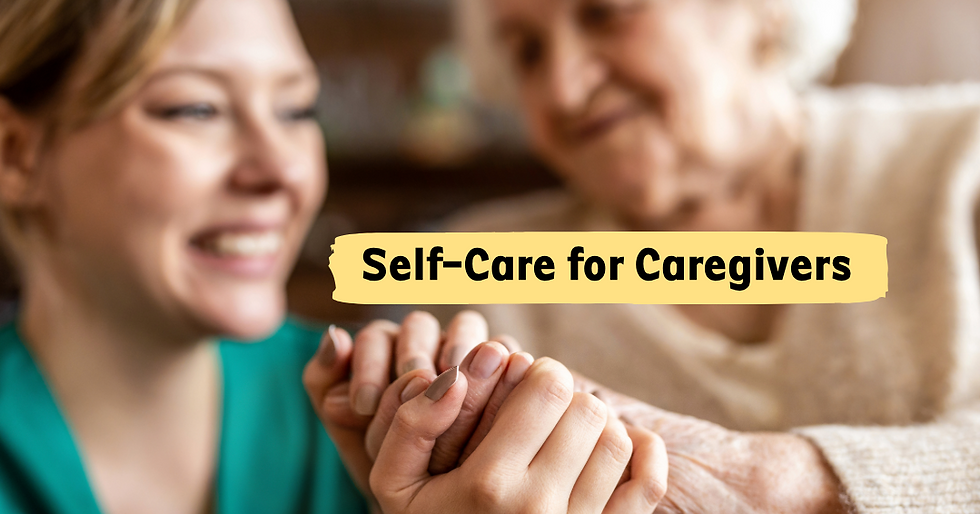How an Alcoholic Parent Affects Adult Children
- Kate Burie
- Jun 26, 2023
- 5 min read
Not many people escape the effects of an alcoholic parent unscathed. The unpredictable environment, lack of trust, relationship challenges, and fear can greatly wound a child who depends on their parents for physical and emotional safety.
The parent-child power imbalance is helpful and healthy in homes without substance abuse. But it can make for traumatic childhoods in families with addiction and related issues. The individual you should be able to go to for comfort, support, and protection is the same one causing you anxiety and harmful feelings about yourself. This experience puts you at risk for long-term, post-traumatic stress effects or complex trauma later in life. It can also impact your relationships, and self-esteem, and increase your chances of alcohol addiction. The list of ways adult children of alcoholics are impacted by their past is long, but some common effects of alcoholism in families include:
#1 Addiction
Adult children of alcoholics are four times more likely to develop a substance use disorder than their counterparts. This increased risk for alcoholism is typically due to a combination of the following:
Genetics | Addiction runs in families. If your parents abused substances, you may have a genetic predisposition to alcoholism. Research suggests a family history of addiction doubles your risk of drug and alcohol abuse. Scientists have compared the DNA of family members with addiction issues and found groups of similar genes and the way proteins bind to them in relatives. These types of trends weren’t found in people without substance use disorders.
Trauma | The emotional trauma of living with an alcoholic can include issues like abuse and neglect. Your parents’ substance abuse hinders their ability to be a trusted, stable figure in your life. Research shows that if you experienced trauma from a parent with addiction, you’re more likely to develop a substance use disorder and have poorer emotional, social, intellectual, and physical outcomes.
Environment | If you grew up in a house where substance abuse was common, you are more likely to abuse alcohol later in life. When caretakers have lax attitudes around drinking alcohol, they normalize substance abuse. You may grow up thinking alcohol or drug abuse isn’t a serious problem.
#2 ACoA Trauma Syndrome
There’s a significant amount of research on the impact adverse childhood experiences (ACEs) have on adulthood. ACEs include experiences like:
• Emotional, physical, or sexual abuse
• Physical or emotional neglect
• Living with an alcoholic or drug abuser
• Parental mental illness
• Parental imprisonment
• Separation or divorce
• Death of a parent or sibling
• Domestic violence
One review and analysis of questionnaires on family dysfunction, childhood abuse, and parental alcoholism assessed alcohol risk as it related to nine ACEs. All were linked to an increased risk of alcoholism in adulthood as well as the likelihood of marrying an alcoholic.
In her 2012 book, The ACoA Trauma Syndrome: The Impact of Childhood Pain on Adult Relationships, psychologist Tian Dayton, Ph.D. outlined how past emotional pain affects the present day and new relationships. She termed this effect “the ACoA trauma syndrome.”
Living with an alcoholic keeps your fight, flight, or freeze response in overdrive. You never know what’s coming and when conflict arises, you go into survival mode. Perhaps you dissociate and shut down. Maybe you just take it or withdraw from your family. Whatever your reaction, when you’re in survival mode, your brain and body don’t process frightening or painful emotions and experiences. It’s busy putting all your resources toward survival.
The adult child of an alcoholic parent can be triggered in their current life by events that remind them of the negative experiences of childhood. If this happens, your same coping mechanisms (fight, flight, or freeze) can be activated, even if the situation doesn’t warrant them.
You’re also put in the position of having to “parent” yourself in a dysfunctional home. This is especially difficult because you’re not developmentally, intellectually, or emotionally equipped to do so. You don’t have anyone to combat the negative messages you’re getting from your alcoholic parent. Their words and actions can send several hurtful messages, which can run the gamut from you being the reason they drink to you being a bad person and they don’t care about you.
#3 Mental Health Disorders
Depression, anxiety, personality disorders, and other mental health disorders are common in adult children of alcoholics, who are at increased risk for behavioral health issues. This may be tied to the fact that mental health disorders have a genetic component and people who have them may abuse alcohol and drugs to cope with the symptoms. If your mother or father abused alcohol or drugs, they may have had underlying mental health conditions, putting you at higher risk for them.
The ACoA Trauma Syndrome comes into play here as well. Mental health issues can be a symptom of adverse childhood experiences. Research suggests childhood trauma could double your risk of mental illness later in life. Your own addiction can increase your risk for mental health symptoms. Drug and alcohol abuse impacts the reward center of the brain, and you can develop mental health symptoms as a result.
#4 Unhealthy Relationships
Healthy relationships are often hard to come by for adult children of alcoholics. The impact of childhood pain on adult relationships can be profound. Research shows one of the characteristics of adult children of alcoholics is maladaptive attachment styles. As a result of the relationship dynamics in your family, you may feel terrified of abandonment or have difficulty with intimate relationships.
These tendencies can wreak havoc on your connections with others. Additionally, some children of alcoholics unknowingly seek out partners that have similar traits as the alcoholic parent, creating little room for a healthy relationship.
#5 Hypervigilance
Children who grow up in alcoholic homes learn quickly to be on high alert most of the time. The alcoholic parent is unpredictable, and many are physically or emotionally abusive. Children of alcoholics learn to walk on eggshells, knowing the substance abuser could get angry or upset about almost anything. You may develop a sense of responsibility for the alcoholic’s feelings and actions, which can lead to codependency and other challenges in future relationships.
# 6 Need for Control
Growing up in an alcoholic home is chaotic. There is a low sense of control over your life. You can’t predict how the alcoholic will behave from one day to another. There is often constant arguing, little order, and no way to know what to expect around routines and needs.
Because of the chaos they experienced at home, adult children of alcoholics often have a strong need for control. Your living situation growing up felt very much out of control, and that is a feeling that you’re always trying to escape, whether that’s trying to control your environment, yourself, or other people.
#7 Anger Issues
Adult children of alcoholics can have unresolved anger. While growing up, you learned to stuff your feelings to survive in a home where they weren’t welcomed. Those repressed feelings eventually come to the surface, and sometimes in inappropriate ways. You may feel angry a lot of the time or unable to control angry outbursts. The intensity of your anger may be disproportionate to the situation, such as being triggered by a small inconvenience.
#8 Low Self-Worth
Research shows that children of alcoholics have higher rates of anxiety, depression, and poor self-esteem. You probably didn’t get a lot of affirmation from your alcoholic parents. They may have emotionally neglected you and even belittled you and your interests. Adult children of alcoholics often judge themselves harshly. Your self-talk may be steeped in personal criticism. You may constantly seek approval in relationships and have difficulty having fun. You don’t think you deserve to be happy, have a healthy relationship, or take good care of yourself. These are effects that adversely compromise adult relationships as well as your sense of self.
Used from: https://footprintstorecovery.com/blog/adult-children-of-alcoholics/





Comments